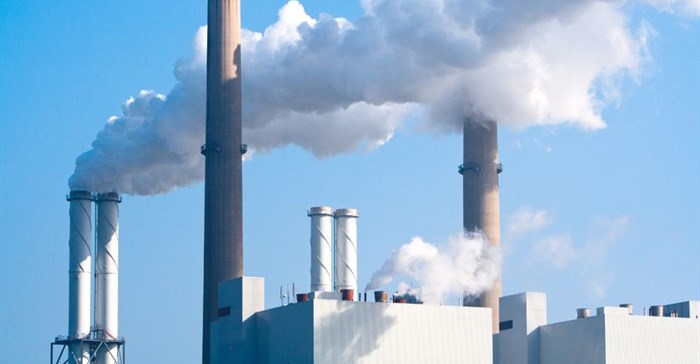
Top stories






More news












Construction & Engineering
Egypt plans $1bn Red Sea marina, hotel development













The study was conducted on behalf of National Treasury under the Partnership for Market Readiness initiative, administered by the World Bank, which is aimed at supporting countries to strengthen their policy analysis and technical capacity to implement carbon pricing measures.
“The modelling results suggest that the carbon tax will have a significant impact on reducing South Africa’s greenhouse gas emissions and would lead to an estimated decrease in emissions of 13% to 14.5% by 2025 and 26% to 33% by 2035, compared with ‘business as usual’,” said Treasury.
According to Treasury, the carbon tax would make an important contribution towards reaching South Africa’s Nationally Determined Contribution (NDC) commitments under the recently ratified Paris Agreement for emissions to peak in 2020 to 2025, plateau for a 10-year period from 2025 to 2035 and decline thereafter.
The carbon tax will also ensure that emission reductions are delivered, while sustained economic growth is realised.
The carbon tax is expected to lead to a reduction in the annual average growth rate of the economy of just 0.05 to 0.15 percentage points, compared to business as usual. A sensitivity analysis shows that the carbon tax would have a similar modest impact, even if the economy grows less quickly than expected.
The study considered a main and alternative baseline. The main baseline scenario assumed annual average GDP growth of 3.5% from 2016 to 2035, while the alternative baseline scenario assumed average annual GDP growth of 2.4% from 2018 to 2035.
Among the four tax designs is the T1 tax policy scenario, with a basic allowance of 60% and a revenue recycling scenario with an output based rebate on all production across all sectors.
The scenario T2R1 design, on the other hand, includes a tax free allowance for industries removed at the rate of 10 percentage points per annum from 2021 onwards, with a decrease in the VAT rate on all goods consumed by households.
National Treasury said it is important to note that any possible negative impact from climate change and unabated emissions or benefits from reducing GHG emissions as well as co-benefits, such as lower levels of local air pollution, have not been factored into the modelling.
“Therefore, the model analysis and results are likely to underestimate the benefits of the carbon tax policy and should not be viewed as an assessment of the overall impact of introducing a carbon tax in South Africa,” said Treasury.
According to the report, the stimulations suggest that the introduction of a carbon tax will contribute significantly to South Africa’s greenhouse gas emission reduction goals.
“The analysis shows the estimated reductions of 33% by 2035 compared with business as usual. The economy will continue to grow whilst emissions are reduced. The modelling results estimate that a carbon tax will reduce the economy’s average annual growth rate by only 0.15 percentage points.”
SAnews.gov.za is a South African government news service, published by the Government Communication and Information System (GCIS). SAnews.gov.za (formerly BuaNews) was established to provide quick and easy access to articles and feature stories aimed at keeping the public informed about the implementation of government mandates.
Go to: http://www.sanews.gov.za